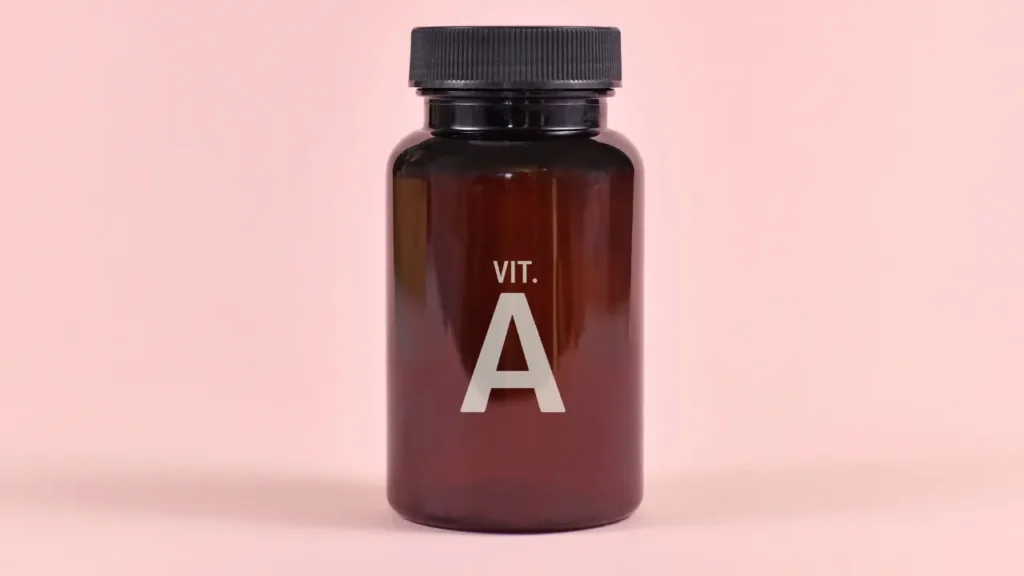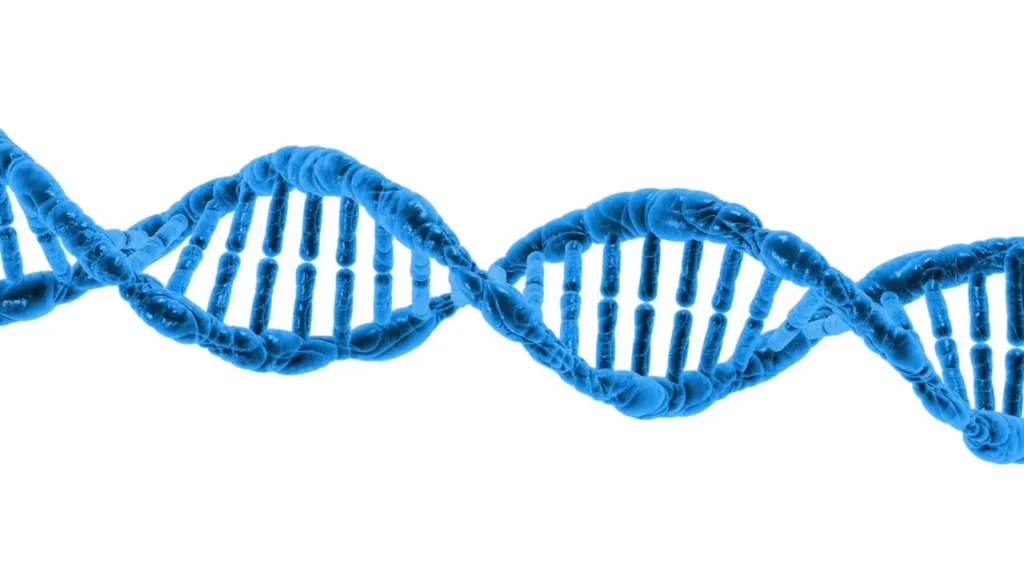The perennial flowering plant species known as asparagus, or Asparagus officinalis, is a member of the Asparagaceae family. Due to its distinct flavor and several health advantages, this vegetable has been a well-liked nutritional component for generations. Asparagus has gained popularity in recent years as a dietary supplement, necessitating a careful analysis of its chemical components, health advantages, ideal dosage, potential adverse effects, and interactions. In this article, an in-depth examination of the chemical and physiological mechanisms will be focused to explore asparagus’s suitability to be a dietary supplement.
You May Also Like:
Finding the Best Supplements for Brain Fog After COVID: 5 Top Brands Reviewed
Asparagus: Benefits, Dosage, Side Effects, Drug Interactions, and Other Important Information is an original (NootropicsPlanet) article.
Nature of Asparagus
Asparagus officinalis is a perennial flowering plant native to Europe, northern Africa, and western Asia. This versatile vegetable is renowned for its distinctive taste and nutritional profile, making it a popular choice in various cuisines. As mentioned, Asparagus has been popularized because it is associated with multiple health advantages such as its antioxidant properties, anti-inflammatory effects, diuretic effects, and high content of folic acid. Asparagus can contribute to a wide array of health benefits because it is rich in essential vitamins and minerals, including B vitamins, vitamin K, folate, and potassium.
The Health Benefits of Asparagus
- Antioxidant qualities: Asparagus has antioxidant qualities due to the presence of flavonoids, phenolic acids, and vitamins A, C, and E. Free radicals, unstable chemicals that can harm cells and play a role in the emergence of chronic illnesses like cancer, cardiovascular disease, and neurological disorders, are neutralized by these substances.
- Anti-inflammatory effects: Asparagus’s saponins and flavonoids have anti-inflammatory effects which can prevent the formation of inflammatory mediators like cytokines and prostaglandins. For people with inflammatory diseases like arthritis or inflammatory bowel illness, this can be especially helpful.
- Prebiotic effects: Asparagus is a natural source of inulin, a type of soluble dietary fiber that acts as a prebiotic, promoting the growth of beneficial gut bacteria. This, in turn, improves digestive health and can help prevent gastrointestinal disorders.
- Diuretic effects: Asparagine, an amino acid found in asparagus, has diuretic qualities. It improves urine production, aiding in the body’s elimination of excess salts and fluids, which is advantageous for those who have edema, hypertension, or kidney-related conditions.
- Folic acid: Asparagus is a strong source of folic acid, a B vitamin necessary for brain function and the creation of DNA and neurotransmitters, which have neuroprotective properties. A lower risk of cognitive decline and neurodegenerative disorders like Alzheimer’s has been associated with adequate folic acid intake.

Chemistry of Asparagus
A wide variety of bioactive substances, such as vitamins, minerals, amino acids, fiber, and phytochemicals, are present in asparagus. Asparagus contains several B vitamins, including thiamine (B1), riboflavin (B2), niacin (B3), pantothenic acid (B5), pyridoxine (B6), and folic acid (B9). It also contains vitamins A, C, E, and K. In terms of minerals, asparagus is high in phosphorus, potassium, calcium, magnesium, and iron. In addition, asparagus has dietary fiber (inulin), different phytochemicals such as saponins, flavonoids, and phenolic acids, as well as essential and non-essential amino acids.
Physiological Mechanisms of Action of Asparagus
The processes and pathways via which a substance, such as a medicine, vitamin, or hormone, exerts its effects on the body are referred to as physiological mechanisms of action. These methods entail intricate interactions between the chemical in question and several bodily elements, such as cells, tissues, and organs. For creating effective remedies, anticipating probable adverse effects, and figuring out the best dosages for different treatments, it’s essential to understand the physiological processes of action. The following are the physiological mechanisms of actions of asparagus:
- Receptor binding: The chemicals content in asparagus work by attaching to particular receptors on cell surfaces or inside of them to produce their effects. These proteins, known as receptors, can detect and react to a variety of signaling substances, including hormones, neurotransmitters, and medicines. The function of a substance’s target receptor can be activated or inhibited when it binds to it, altering cellular functions and ultimately triggering physiological responses.
- Inhibition or activation of enzymes: Asparagus also affects the enzymes that catalyze biochemical reactions inside the cells and are essential for many physiological activities. Some chemicals can affect the activity of enzymes, preventing them from catalyzing their intended processes. On the other hand, some chemicals can also activate the enzymes thereby increasing their capacity to catalyze reactions. Changes in cellular processes and metabolic pathways may result from these interactions.
- Modulation of ion channels: Asparagus supplements may modify ion channels. Ion channels are proteins embedded in cell membranes, allowing ions like sodium, potassium, calcium, and chloride to pass through the membrane. Numerous physiological activities, including nerve impulse transmission and muscle contraction, depend on the transport of ions across cell membranes. These substances from asparagus work by either blocking or enabling the flow of ions through the ion channels.
- Control of gene expression: Some compounds in asparagus can affect how certain genes are expressed within cells by encouraging or discouraging the transcription of those genes into RNA and subsequent translation into proteins. Modifications in gene expression can affect how cells grow, differentiate, and respond physiologically as a whole.

Optimal Dosage of Asparagus
As a nutritional supplement, the ideal dosage of asparagus depends on a number of variables, including age, sex, health, and personal requirements. Adults are generally thought to be safe and effective with a daily diet of 150–200 gm of fresh asparagus or 1-2 servings of asparagus extract (corresponding to 500–1000 milligrams of dried asparagus). However, it is essential to seek advice from a medical practitioner before beginning any supplement program.
Side Effects of Asparagus
When ingested in moderation as a supplement or as part of a balanced diet, asparagus is typically safe. However, some people may experience negative effects, such as:
- Allergy: Although it is uncommon, some people may experience an allergic reaction to asparagus, which is characterized by symptoms including itching, rash, swelling, or breathing difficulties.
- Digestive problems: Due to its high fiber content, eating asparagus sometimes may result in gastrointestinal problems like bloating, gas, and diarrhea, especially in large amounts. It is advised to increase your consumption of asparagus gradually and pay attention to how your body reacts in order to reduce adverse effects.
- Strong-smelling urine: After consuming asparagus, a special chemical known as asparagusic acid can give urine a pungent, sulfurous odor. This mild symptom normally goes away within a few hours.
- Drug interactions: Due to its diuretic and vitamin K contents, respectively, asparagus may interfere with several drugs, such as diuretics or anticoagulants. Before adding asparagus supplements to your regimen, check with your doctor if you are taking any drugs that may react with asparagus.

Potential Substance Interactions with Asparagus
- Diuretics: Asparagus, which contains asparagine, has diuretic qualities, as was previously mentioned. When taken together, diuretics and asparagus supplements might result in excessive fluid loss, electrolyte imbalance, and dehydration. When mixing these medications, it’s critical to keep an eye on your fluid consumption and seek medical advice.
- Anticoagulants: Vitamin K, a substance essential for blood coagulation, is found in abundance in asparagus. A high vitamin K consumption can negate the effects of anticoagulant drugs like warfarin. It is crucial to maintain a regular intake of foods high in vitamin K if you use anticoagulants, and you should speak with your doctor before beginning an asparagus supplementation regimen.
- Lithium: Asparagus’s diuretic qualities may impact how quickly lithium is excreted from the body. Lithium is a treatment for mood disorders. This combination of asparagus and lithium may raise the body’s amount of lithium which may lead to negative effects on the body.
Best Responsible Uses of Asparagus
Due to its broad spectrum of bioactive compounds, asparagus can provide a number of health benefits as a nutritional supplement. Consider using the following responsible usage principles to maximize the advantages and decrease any potential risks:
- Begin with a low dosage: Gradually add supplements containing asparagus to your diet by beginning with a low dosage and observing how your body reacts.
- Keep an eye out for side effects: Modify the dosage if you notice any adverse effects, such as stomach problems or allergic reactions.
- Speak with a medical expert: Before beginning an asparagus supplement, especially if you have a medical condition or are on medication, speak with a medical expert to determine the right dosage and rule out any possible interactions.
- Keep your diet balanced; asparagus supplements shouldn’t take the place of a healthy diet. To achieve your daily nutritional needs, make sure you eat a range of nutrient-dense meals.
Asparagus:
Conclusion
In conclusion, Asparagus officinalis can bring great benefits to your health if you use it correctly as a supplement or include it in your diet. It is packed with essential nutrients such as vitamins A, C, and K, as well as folate and fiber. These contribute to the antioxidant properties of asparagus which effectively reduce bodily inflammation. The presence of folate also makes it beneficial for individuals at risk of neurodegenerative disorders as it contains neuroprotective properties.
Hence, it is clear that asparagus is involved in complex mechanisms such as modulating ion channels, inhibiting or activating enzymes, etc to improve your overall well-being. You may include asparagus as part of a balanced diet to enhance your health. Always look out for trusted brands when buying asparagus nutritional supplements. You should also consult with your doctors to ensure that this supplement suits your needs and does not cause any unwanted side effects.

References:
- Health Benefits of Asparagus. Retrieved from: https://www.medicalnewstoday.com/articles/270805
- Beneficial Effects of Asparagus Officinalis Extract Supplementation on Muscle Mass and Strength Following Resistance Training and Detraining in Healthy Males. Retrieved from: https://pubmed.ncbi.nlm.nih.gov/37755852/
- Effects Of Asparagus Officinalis Extracts on Liver Cell Toxicity and Ethanol Metabolism. Retrieved from: https://pubmed.ncbi.nlm.nih.gov/19895471/
- Nutricosmetic Effects of Asparagus Officinalis: A Potent Matrix Metalloproteinase-1 Inhibitor. Retrieved from: https://pubmed.ncbi.nlm.nih.gov/33888836/
Important Note: The information contained in this article is for general informational purposes only, and should not be construed as health or medical advice, nor is it intended to diagnose, prevent, treat, or cure any disease or health condition. Before embarking on any diet, fitness regimen, or program of nutritional supplementation, it is advisable to consult your healthcare professional in order to determine its safety and probable efficacy in terms of your individual state of health.
Regarding Nutritional Supplements Or Other Non-Prescription Health Products: If any nutritional supplements or other non-prescription health products are mentioned in the foregoing article, any claims or statements made about them have not been evaluated by the U.S. Food and Drug Administration, and such nutritional supplements or other health products are not intended to diagnose, treat, cure, or prevent any disease.


